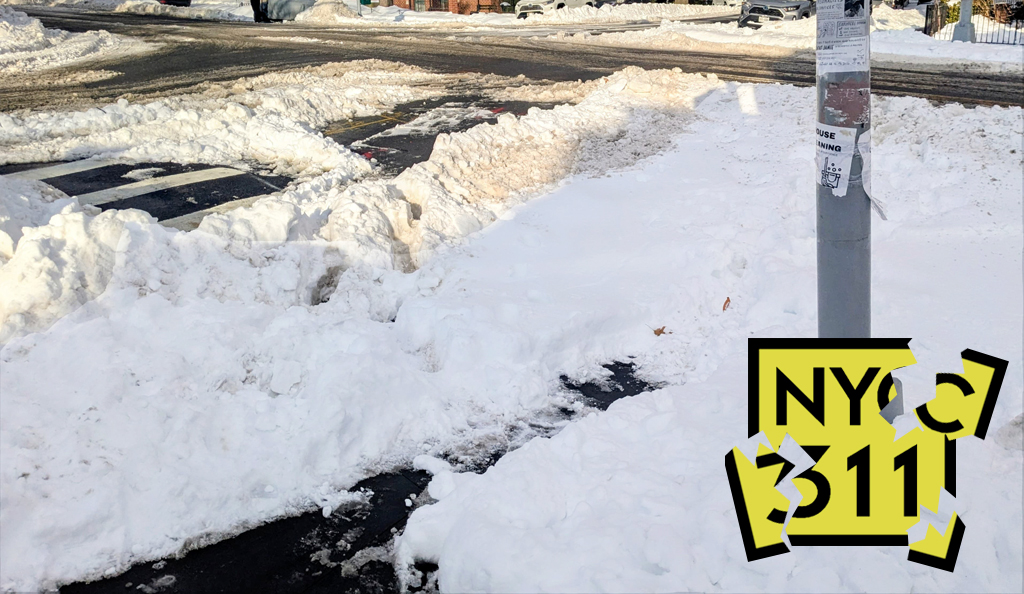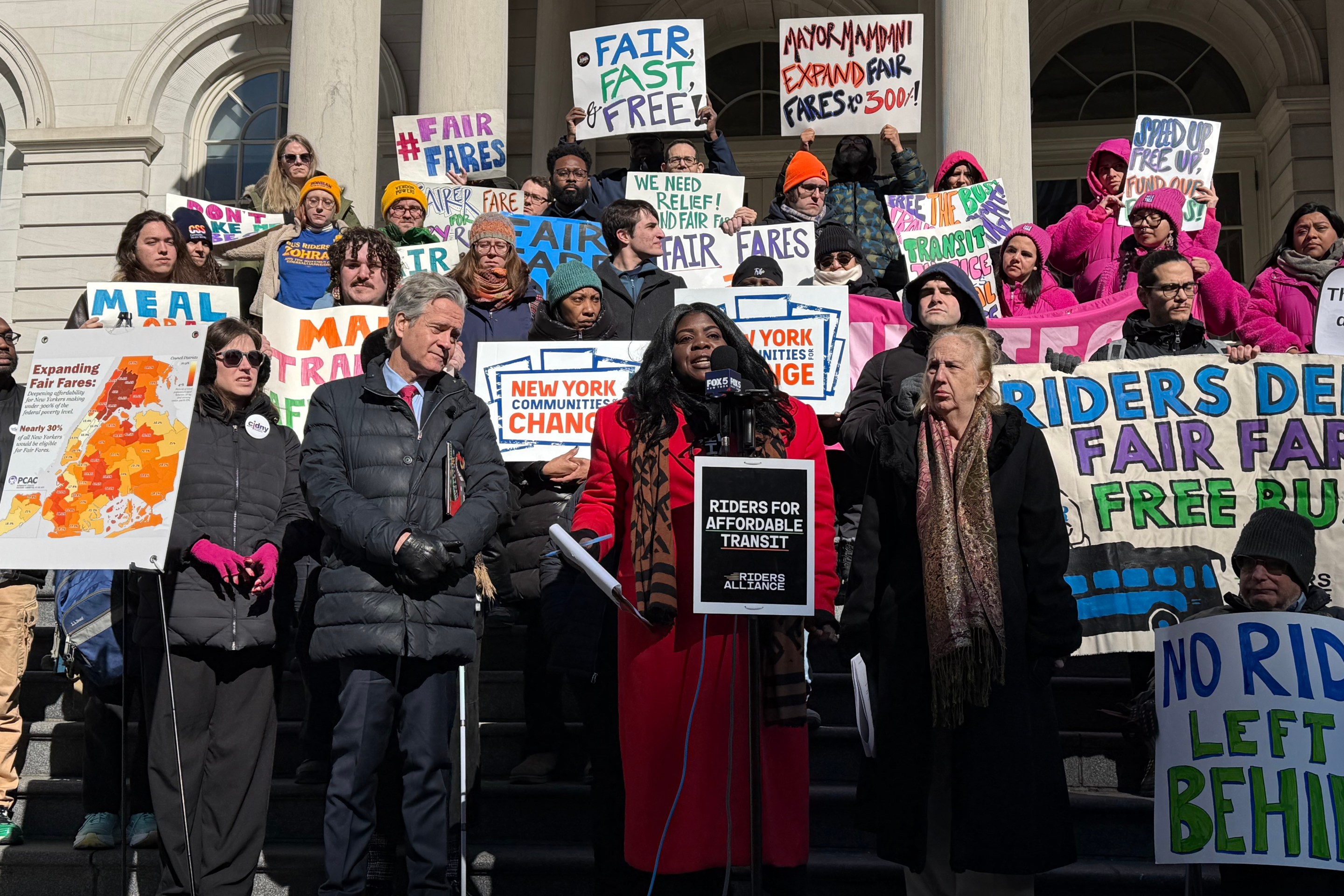I hope members of Congress had a nice, relaxing recess this week, because it’s about to get crazy on Capitol Hill.

The Budget
Congress isn’t any closer to consensus on the FY2011 budget than when they adjourned March 18 with a three-week budget extension to avoid a government shutdown while they duke it out over spending cuts. Each of the two extensions they’ve passed have cut $2 billion a week of spending. But those were non-controversial cuts, and there are very few of those left. Now’s the time they need to fight it out for real over the big ones.
The fight over funding for Planned Parenthood will eat up much of the airtime, but on the transportation front, the two chambers will need to meet in the middle on:
- More than $6 billion for high-speed rail (which the House voted to eliminate)
- $2 billion for TIGER (which the House voted to eliminate)
- The New Starts transit budget, which the House wants to cut by $430 million
Neither side wants another budget extension, but they have just two weeks (recess having eaten up one week of their three-week decision period) to come to consensus on a host of thorny issues, at the heart of which is the ideological divide between those whose primary concern is cutting spending and those who think government spending is necessary to grow the economy and keep essential services up and running.
The budget fight will keep things interesting until April 8, do-or-die time, when the current extension runs out.
Hearings: Stakeholders and Bus Safety
Meanwhile, the House T&I Committee is holding two days of “stakeholder meetings” where all the D.C. policy types can come have their say. The committee is finishing up the listening tour yesterday and today with the rescheduled hearings in New York and Pennsylvania. We should have a report for you from the Philadelphia-area hearing soon.
Not every member of the committee made it to every field hearing, so it’ll be good to see more of them at next week’s stakeholder meetings. The basic shape (or size, at least) of the transportation bill is beginning to come into focus, and it will be instructive to see who’s fatalistic about a bill that’s even smaller than SAFETEA-LU and who’s fighting for real infrastructure investment.
While the House gets an earful from interests on all sides of the transportation issue – we should have a list of people testifying by the end of the day today, according to committee staff – the Senate Commerce Committee’s surface transportation panel will investigate bus safety issues in the wake of the recent New York bus crash that killed 15 people. Senator Kay Bailey Hutchison (R-TX), ranking member of the full committee, has introduced a bill “requiring seatbelts, stronger windows and crush-resistant roofs so that buses can better withstand rollovers and passengers are not thrown from their seats.”
Reauthorization
Meanwhile, work continues on the surface transportation reauthorization. In the House, the T&I Committee is running the show, but in the Senate, the bill will be a mishmash created by four committees, each with its own piece of the action. Barbara Boxer’s Environment and Public Works Committee will take the lead on it, which is a mixed blessing. There are many strong champions of transit and non-motorized transportation on that committee (…and then there’s James Inhofe). But the EPW Committee’s piece of the bill is the highway portion. Then Banking gets their hands on it to do the transit piece and Commerce picks off the rail piece, and Finance makes it all possible.
So although EPW is filled with transit champions, their primary job on the committee is to put in a lot of money for roads. Of course, they'll also make big decisions on TIGER, road maintenance vs. expansion, and bike/ped funding. We'll be watching to see whether Sen. Boxer stands up to her ranking member on some of these issues, or whether she's too invested in maintaining harmony on infrastructure issues, the one thing they more or less agree on.
We expect the Senate proposal to come in somewhere between the president’s wishlist and the austerity budget the House comes up with.
All of this is happening, of course, in the context of high gas prices. Commerce Committee Chair Jay Rockefeller (D-WV) and four other senators sent a letter today urging the Federal Trade Commission to “fully utilize its authority to make sure that American consumers are paying a fair price for gas.” (We agree with their concern: Americans are paying far, far too little for gas.)
Will Congress realize the urgent and escalating need for strong investment in public transportation as gas prices rise? Or will they just cut budgets across the board, leaving people with no options as driving eats up more and more of Americans' household budgets?





